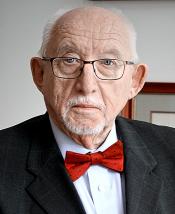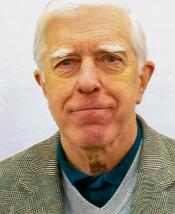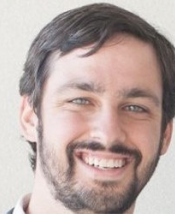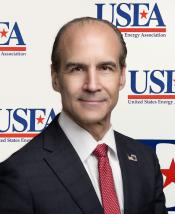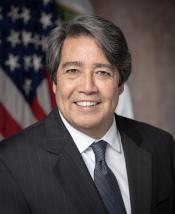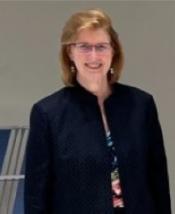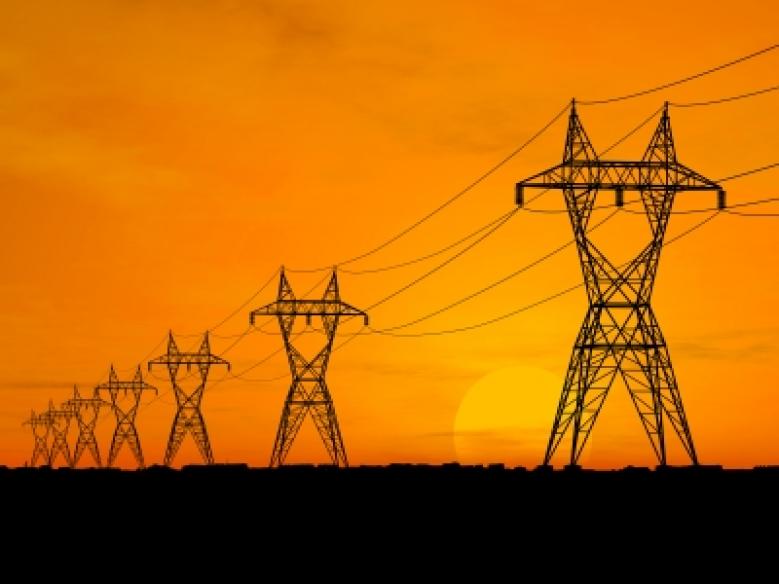
Tough Times, Hard Choices in Store for Utilities This Year
Utility resilience is a life-and-death matter in extreme cold and heat this year.
Last year was a rough one for utilities, and they made it through with planning, technical expertise and collaborations. Heat hung over most of the country and Phoenix hit 110 degrees Fahrenheit on 54 days, setting another record.
In Maricopa County, Arizona’s most populous county and home to Phoenix, the Office of the Medical Examiner reported that there were 579 people who died from heat — and counting. Texas reported a total of 324 heat-related deaths in 2023. That is more than the number of Texans who froze to death — 246 — during Winter Storm Uri in 2021.
The numbers aren’t in for the latest weather emergency in Texas, but so far utilities have done an extraordinary job in keeping the extreme cold at bay — although ERCOT did have to ask for voluntary consumer restraint recently. The weather is what keeps today’s utility executives, and their regulators, awake at night. And 2024 looks as though it could be a sleepless year.
But it isn’t just unpredictable weather which is bearing down on the utilities. In many areas there is load growth of up to 8 percent from expanding population, particularly in the South. On the horizon is huge new growth in demand from the servers which will support artificial intelligence — which is expanding exponentially.
To examine the electricity supply situation and to learn how utilities and independent system operators hope to cope this year, the United States Energy Association has scheduled a virtual press briefing for Thursday, Feb. 1, at 11 a.m. Eastern Standard Time — a time selected to facilitate viewing by virtual audiences on the West Coast and in Europe.
As usual with these briefings, which are held on Zoom, a panel of reporters who cover energy questions a panel of experts on the subject at hand. There are no prepared questions or answers, and the briefings last an hour. The moderator takes questions from the audience as time permits.
questions from the audience as time permits.
Gene Rodrigues, Assistant Secretary, Office of Electricity, U.S. Department of Energy
Jennifer Hiller, The Wall Street Journal
The general audience can submit questions using the Zoom Q&A function, but members of the media will be given preference. A recording will be made available after the briefing.

